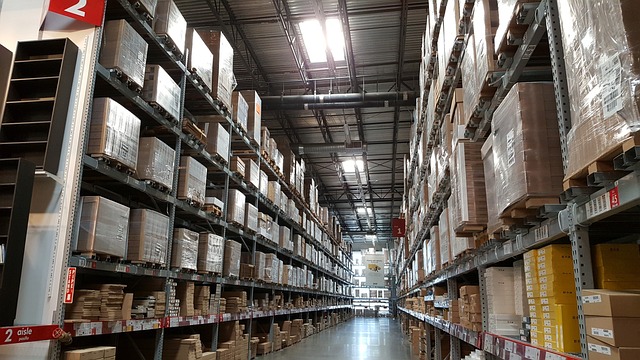Real estate development plays a pivotal role in shaping successful tech hubs within cities. Strategic design of business districts, co-working spaces, and tech hubs attracts startups and tech giants by offering flexible office spaces with natural light and shared amenities. Proximity to innovation, research, and talent pools is a key investment factor, creating an interconnected ecosystem that facilitates knowledge sharing, networking, and collaboration – vital for entrepreneurial success. Modern real estate designs, incorporating open-concept layouts, modular furniture, and integrated technology, cater to diverse work styles and attract talent, driving urban innovation and economic growth.
In today’s digital age, tech hubs are revolutionizing entrepreneurial landscapes. This article explores how innovative real estate strategies play a pivotal role in nurturing creativity and fostering collaboration. We delve into the art of designing spaces that ignite entrepreneurial spirits, attract top talent, and drive local economies. By examining successful examples, we uncover the transformative power of tech hubs in revitalizing communities and shaping vibrant ecosystems where ideas flourish.
The Role of Real Estate in Nurturing Innovation and Entrepreneurship

The physical landscape of a city plays a significant role in fostering innovation and entrepreneurship, with real estate acting as a catalyst for these ecosystems. The design and layout of business districts, co-working spaces, and tech hubs can either attract or deter startups and tech giants. Real estate developers who understand the needs of this dynamic sector can create environments that nurture creativity and collaboration. Modern office spaces are increasingly incorporating flexible designs, ample natural light, and shared amenities to appeal to tech companies and entrepreneurs seeking to thrive in vibrant communities.
In addition, proximity to other innovative businesses, research institutions, and top talent pools is a key consideration for real estate investments. The interconnection between these elements creates a positive feedback loop, where the presence of one attracts others, fostering a thriving tech hub. This interconnectedness not only facilitates knowledge sharing but also provides access to resources and networking opportunities that are essential for entrepreneurial success.
Creating Spaces that Foster Creative Collaboration

In the realm of fostering an innovative tech hub, real estate plays a pivotal role in cultivating an environment that ignites creative collaboration. The design and layout of spaces significantly impact the flow of ideas and the overall productivity of entrepreneurs and startups. Open-concept offices, replete with natural light and green spaces, encourage face-to-face interactions and spontaneous brainstorming sessions. These collaborative areas become the heart of the tech hub, where diverse minds converge to solve complex problems.
Real estate developers and architects are increasingly recognizing this need for dynamic workspaces. They’re incorporating flexible design elements like modular furniture, adjustable lighting, and acoustic treatments to cater to various work styles and preferences. Additionally, integrating technology into these spaces enables seamless communication and resource-sharing among occupants. As a result, tech hubs become vibrant ecosystems that attract talent, stimulate innovation, and ultimately drive the entrepreneurial spirit forward.
How Tech Hubs Revolutionize Local Economies and Community Engagement

Tech hubs are transforming local landscapes, both physically and economically. These innovative spaces don’t just house startups; they become vibrant centers that revolutionize real estate dynamics. As tech companies flourish, so do their demands for unique office spaces, driving a surge in modern architectural designs and revitalizing urban areas. The ripple effect is profound—from increased property values to the creation of diverse job opportunities, these hubs inject new life into communities.
Moreover, tech hubs foster community engagement by bringing together diverse individuals from various sectors. They encourage collaboration, networking, and knowledge sharing, creating a fertile ground for ideas to flourish. This sense of community extends beyond the digital realm, as events, workshops, and meetups organize around these hubs, further strengthening local ties. The result is a more connected, dynamic society where entrepreneurial spirits thrive, and economic growth becomes a shared accomplishment.






